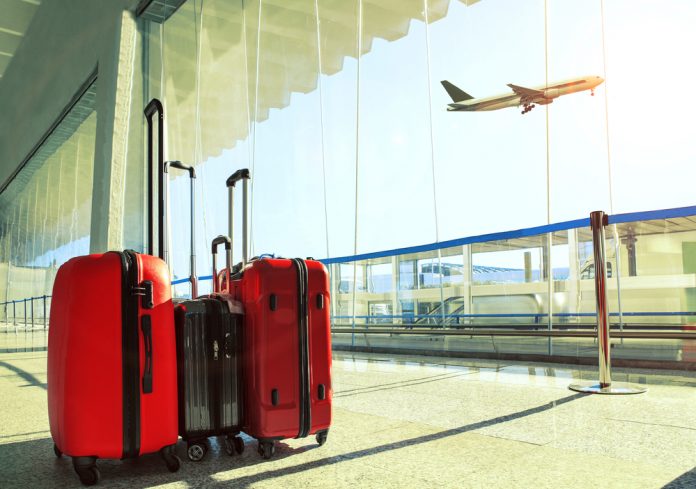Two thirds of British holidaymakers have admitted that they will now be spending less on their holidays due to the credit crunch. This has prompted the Foreign Office to voice concerns that people will opt out of getting comprehensive travel insurance, adding potential financial ruin to the trauma of experiencing a serious problem abroad . Currently, one in four Britons go on holiday without insurance and risk having to spend thousands in repatriation costs raising concerns that this figure will rise. As one travel industry observer has noted, “it’s a false economy to do without travel insurance and it should be regarded as a holiday essential. It’s just as important as packing your passport.” Travel insurance premiums vary greatly, as does the cover provided but, relative to the overall holiday costs, it really is a small amount to pay for the ‘peace of mind’ it gives. But do beware falling into the trap that seeking out the cheapest insurance deal is ok for all situations. The old adage that ‘you get what you pay for’ can also apply to low end insurance policies. You do need to check that what is being offered will provide you with the cover you need.
When looking for cheap travel insurance, there are some simple rules to apply. Do your homework. Firstly, know what you want. Are you looking for a policy to cover you for just one trip or if you are going to travel more than once, then why not consider an annual multi-trip travel insurance policy instead? That could save you money over the year. Then read the policy schedule. Most internet sites are good at giving an instant quote – that is what they are designed to do but fewer provide easily accessible information to indicate what the policy covers. At the very least, you should look at the policy schedule. This is the table that shows the level of cover against various risks. Choose a policy that satisfies your needs.
The areas that cost the most in a travel insurance policy tend to be cancellation, personal effects and medical cover. If you are booking long in advance, then cancellation cover is a must (normally around the £3000 figure is sufficient) as this safeguards you if you have to cancel because of, say, a close family illness or being called for jury service, to name but two examples. If however, you are taking a last minute holiday, then perhaps cancellation cover is not as necessary so you could reduce your premium considerably by choosing a policy with limited or no cancellation. Likewise, reducing your baggage cover can see your premiums nose dive. When it comes to medical cover, the FCO recommends a level of £2 million as being more than adequate, so perhaps you don’t need to buy the policy that offers £10 million. Next check the small print. Very few of us take the time to read the small print but the ‘devil is in the detail’ for sure. Ask yourself some key questions. Is where I want to travel covered by the policy, for example, is Egypt in Europe or Rest of the World as definitions do differ from company to company? Am I covered if caught up in a terrorist incident? Do I need to produce a police report if I have money or personal effects stolen? What about hazardous activities? Am I covered to bungee jump on my trip for instance? Make a list of simple questions relating to your trip and then check the policy.
So is there such a thing as cheap travel insurance? Most definitely there is but the simple rule of thumb is that the cheaper the policy, the more restrictive it is likely to be. But you can help yourself by knowing what to look out for and wherever possible tailoring your insurance to your exact needs and that way make your travel insurance cheaper.
